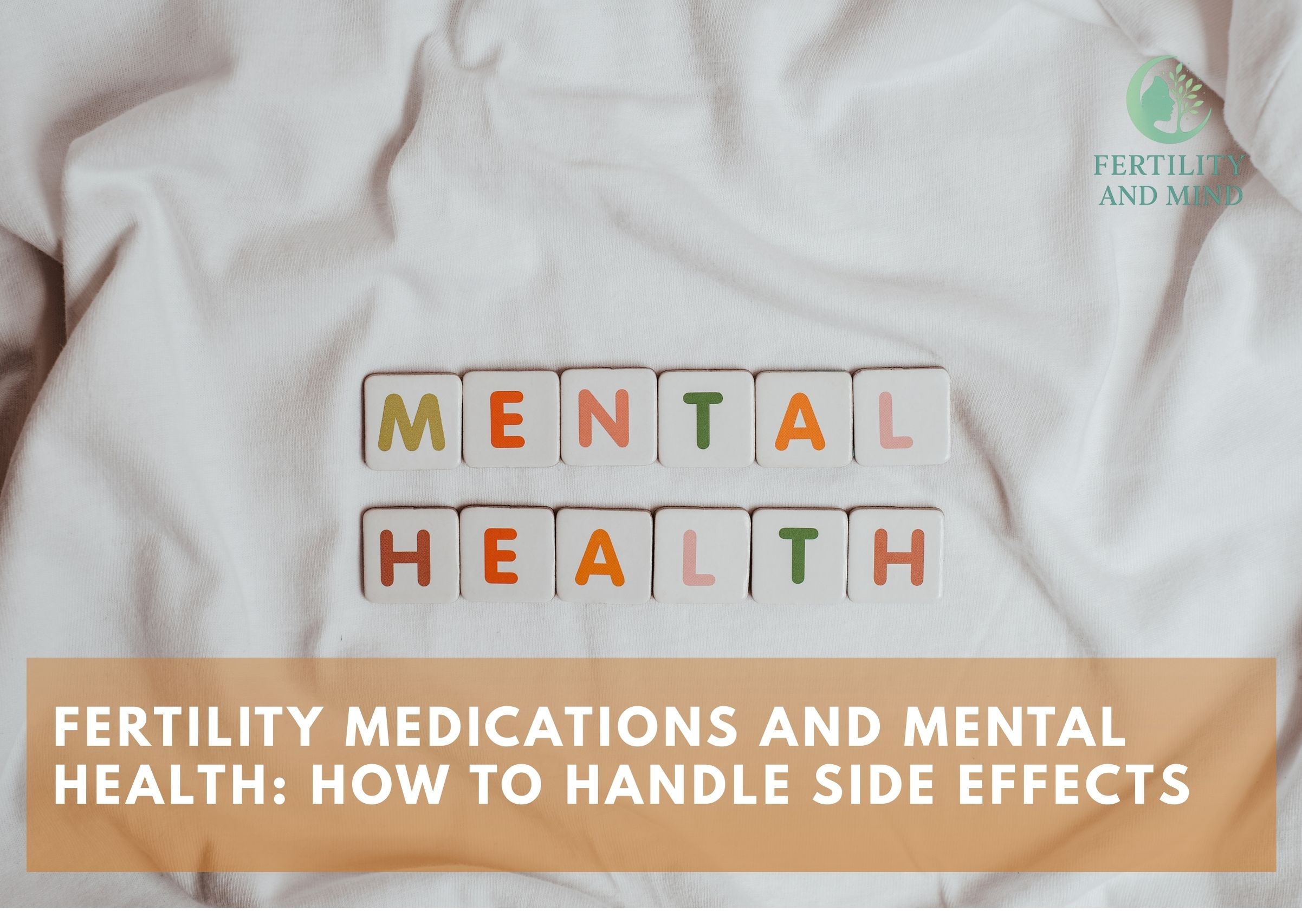
Fertility treatments can be life changing, but they also come with significant physical and emotional challenges. One of the most overlooked aspects is the mental health in fertility treatments, particularly the psychological effects of fertility medications. These drugs play a crucial role in improving reproductive chances, but they may also trigger infertility depression and mood swings, anxiety, or even insomnia.
Understanding how to cope with these challenges is key to a healthier fertility journey.
How Fertility Medications Affect the Mind
Hormonal Changes and Emotional Instability
Fertility drugs alter hormone levels to stimulate ovulation or prepare the body for IVF. However, these hormonal shifts can cause irritability, sadness, and mood swings. Many patients report experiencing both anxiety during IVF treatments and physical discomfort simultaneously, which intensifies stress.
The Link Between Medications and Stress Hormones
Side effects such as hot flashes, headaches, or sleep disruption can elevate cortisol, the body’s main stress hormone. High cortisol levels are associated with greater fertility journey emotional challenges, making it essential to address both physical and mental health at the same time.
Common Psychological Side Effects
- Mood swings leading to conflict in relationships.
- Insomnia and fatigue, which increase irritability.
- Anxiety and depression, especially when combined with repeated treatment cycles.
- Heightened sensitivity to failure or negative test results.
In my view, these symptoms highlight the importance of psychological support for infertility as part of every fertility plan.
Coping Strategies for Emotional Side Effects
Counseling and Therapy
Working with a professional through infertility counseling and therapy provides tools to process emotions. Cognitive-behavioral therapy (CBT) for infertility is particularly effective for reframing negative thoughts and reducing anxiety caused by medication side effects.
Relaxation and Mind Body Practices
Relaxation techniques for IVF patients, such as mindfulness, yoga, or breathing exercises, help regulate emotional responses. These practices are proven to reduce stress hormones and promote better sleep, counteracting insomnia. If you want a detailed guide, check out our article on Top 7 Relaxation Techniques for Stress Relief During IVF
Partner and Community Support
Open communication with partners helps couples face fertility process stress management together. Additionally, joining support groups through fertility clinic mental health services offers validation and practical advice from others experiencing similar struggles.
When to Seek Professional Help
It’s normal to feel stressed during treatments, but if coping with infertility stress becomes overwhelming causing panic attacks, loss of daily function, or prolonged depression it’s time to seek professional intervention. A mental health specialist can tailor strategies that balance both medical and emotional aspects.
Conclusion
Fertility medications are essential, but their psychological side effects cannot be ignored. From mood swings and insomnia to heightened anxiety during IVF treatments, the emotional toll can be just as significant as the physical one.
The good news is that with the right combination of CBT, relaxation techniques, and partner support, it’s possible to manage these challenges effectively. Prioritizing mental health in fertility treatments ensures not only better emotional balance but also greater resilience throughout the fertility journey.

